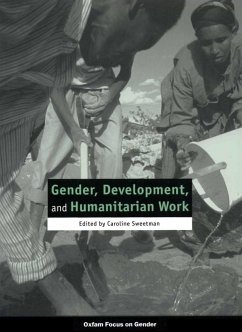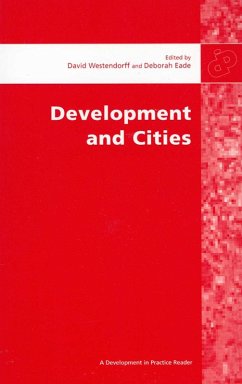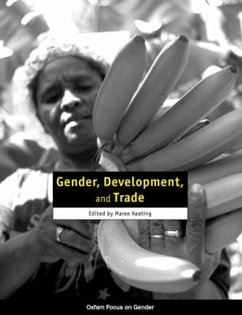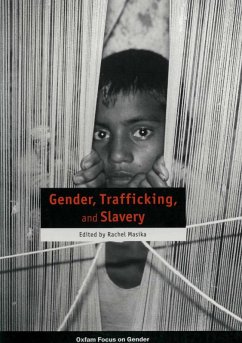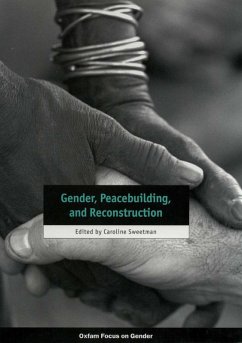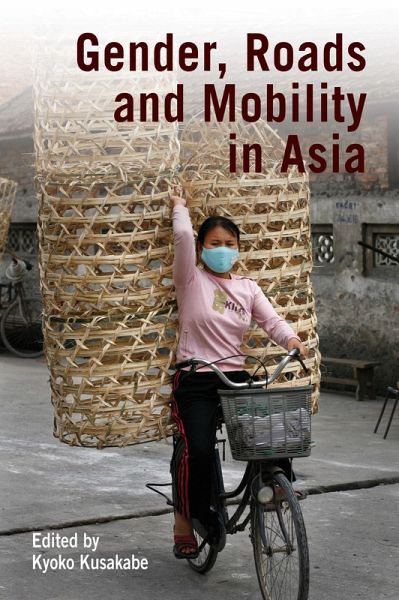
Gender, Roads, and Mobility in Asia (eBook, PDF)

PAYBACK Punkte
23 °P sammeln!
Poor roads and transport infrastructure are key factors in the marginalization of women and other disempowered groups, but there is little understanding of the many ways in which a lack of mobility affects people's lives. In South-east Asia, huge strides are being made in highway development and regional economic integration. The complex interplay of factors makes the connections discovered both interesting and challenging for study. Do roads necessarily bring economic opportunities and prosperity? How does the possible change in mobility transform the lives of women and marginalized groups? H...
Poor roads and transport infrastructure are key factors in the marginalization of women and other disempowered groups, but there is little understanding of the many ways in which a lack of mobility affects people's lives. In South-east Asia, huge strides are being made in highway development and regional economic integration. The complex interplay of factors makes the connections discovered both interesting and challenging for study. Do roads necessarily bring economic opportunities and prosperity? How does the possible change in mobility transform the lives of women and marginalized groups? How does the differential impact of these changes on people depend on geographical, social, and historical factors and people's own capacities to make optimum use of the new resource? Gender, Roads, and Mobility in Asia brings together stories from different points of transformation and what emerges is a nuanced picture of how people's own positions and capabilities - gender, age, ethnicity, literacy, and education - influence the impact of the infrastructure development on their lives.This book should be read by policy makers, transportation planners, development practitioners and researchers.
Dieser Download kann aus rechtlichen Gründen nur mit Rechnungsadresse in A, D ausgeliefert werden.







